As discussed in the comments, one way of doing this would be to add a new Task in your Release pipeline.
Here is what I understood of your setup from your question:
[FunctionName("ClientFunction")]
public static async Task<HttpResponseMessage> OnHttpTriggerAsync([HttpTrigger(AuthorizationLevel.Anonymous, "post")]
HttpRequestMessage request, [OrchestrationClient] DurableOrchestrationClient starter, ILogger logger)
{
// Triggers the orchestrator.
string instanceId = await starter.StartNewAsync("OrchestratorFunction", null);
return new HttpResponseMessage(HttpStatusCode.OK);
}
[FunctionName("OrchestratorFunction")]
public static async Task DoOrchestrationThingsAsync([OrchestrationTrigger] DurableOrchestrationContext context, ILogger logger)
{
DateTime deadline = context.CurrentUtcDateTime.Add(TimeSpan.FromHours(1));
await context.CreateTimer(deadline, CancellationToken.None);
// Triggers some yout activity.
await context.CallActivityAsync("ActivityFunction", null);
}
[FunctionName("ActivityFunction")]
public static Task DoAnAwesomeActivity([ActivityTrigger] DurableActivityContext context)
{
}
Now, every time you deploy a new version of the Function App, you need the orchestrator to be run. However, I do not think it can be started by itself.
What I propose is to have a simple bash script (using curl or something else) that would call the ClientFunction at the appropriate URL.

On top of that, one of the nice things of this solution is that you could make the deployment fail if the Azure Function does not respond.
